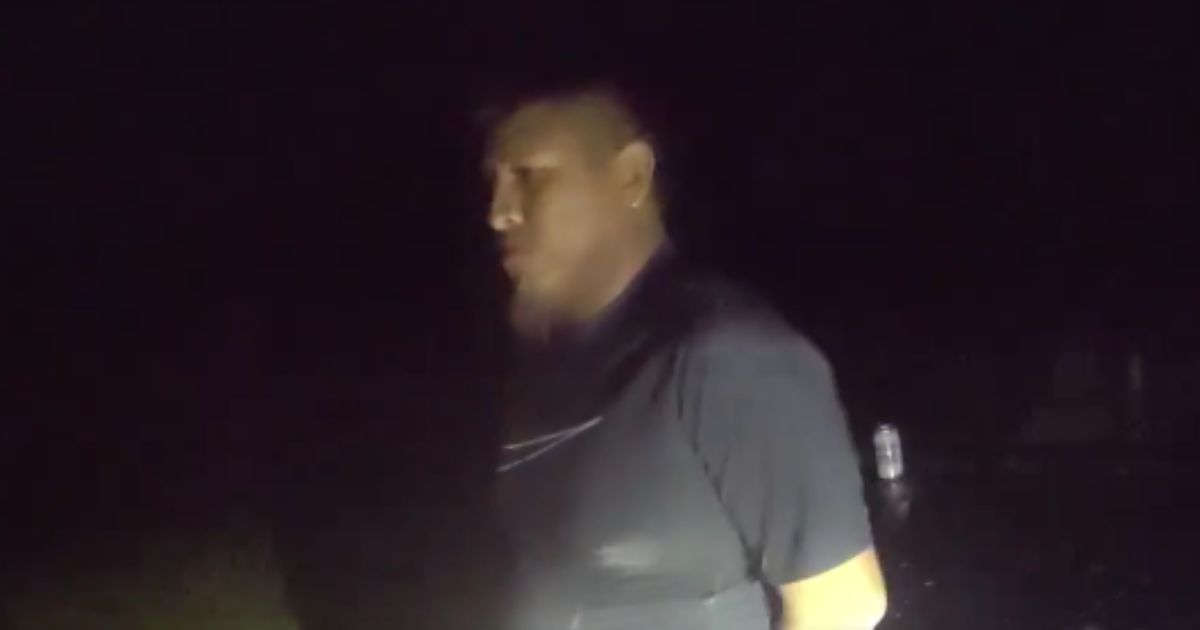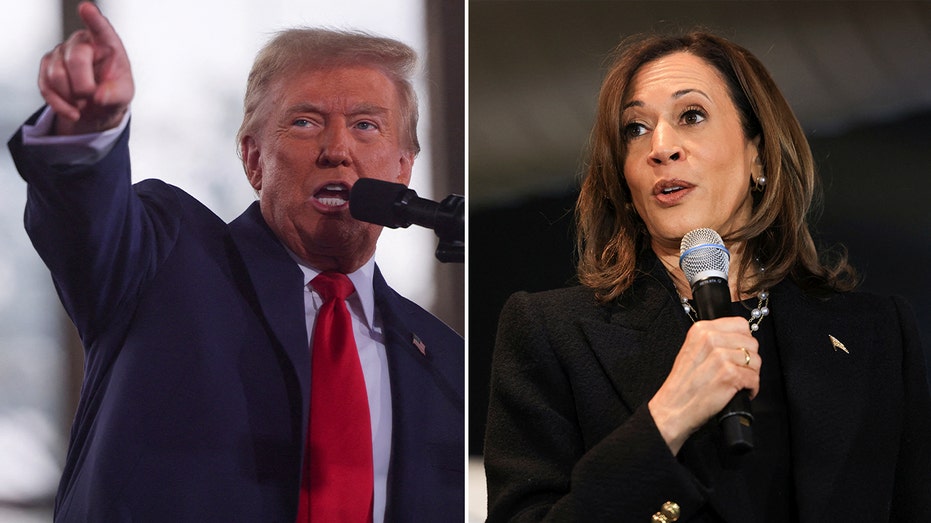Farmers and conservationists will have to “learn to do more with less” ahead of expected deep budget cuts to the Department for Environment Food and Rural Affairs (Defra), the environment secretary has said.
Steve Reed said that Labour would continue to prioritise the restoration of the nature in England, but acknowledged that the chancellor’s budget would be “difficult”.
Speaking to the Guardian on the fringes of Cop16 in Colombia on the eve of Wednesday’s statement by the chancellor, the environment secretary said that the flagship nature-friendly farming scheme would continue to receive backing from the government despite expected cuts to its budget.
He said expected growth in housebuilding would generate much-needed funds through the government’s biodiversity net gain (BNG) initiative, which forces all new building projects to achieve a 10% net gain in nature or wildlife habitat.
“The prime minister and chancellor have been very clear this is going to be a difficult budget, right across the board,” he said when asked what expected cuts would mean for farmers and environmentalists. “We all are going to have to do more with less. I think that’s right because you should always look at how you can use any resource you’ve got more efficiently and effectively.”









